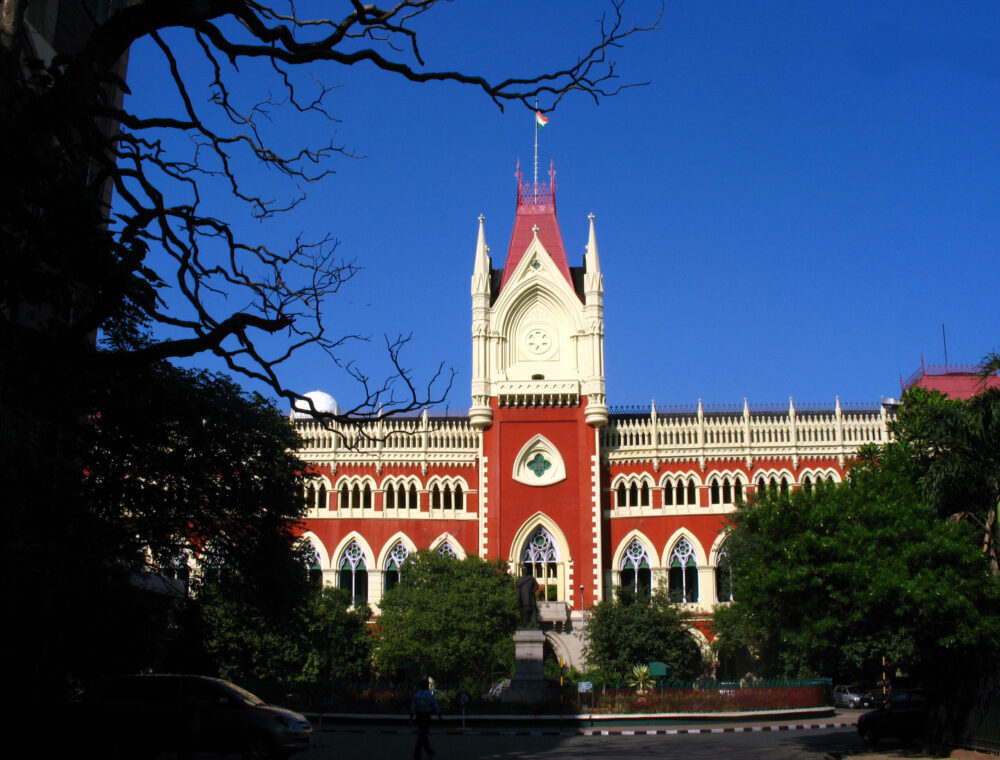Case Title: Mahuya Chakraborty Vs. The State of West Bengal and others
Case No: W.P.A 22366 of 2023
Decided on: 05.01.2024
Coram: The Hon’ble Justice Shampa Dutt
Facts of the Case
Two key arguments have been raised by the petitioner, the wife of a life-sentenced convict, against the West Bengal State Sentence Review Board’s (SSRB) rejection of her application. Firstly, she claims the SSRB’s composition wasn’t compliant with proper procedures. Secondly, she asserts that the Board’s reasoning for denial contradicts rulings consistently upheld by the Supreme Court, this Court, and other High Courts. In support of this second point, she cites the Supreme Court’s judgment in Rajo alias Rajwa alias Rajendra Mandal vs. The State of Bihar, where the apex court stressed the reformative purpose of imprisonment, even for major offenses, after serving a substantial sentence.
The details outlined in the writ petition about the comprehensiveness of the rejection grounds, stemmed from the petitioner’s Right to Information Act,2005 request seeking clarification on her husband’s denied premature release application. Notably, the petitioner’s husband has already served over two decades in custody.
Issue
- Whether Article 21 can be denied merely because the petitioner’s husband was convicted?
- Whether petitioner through Right to Information Act,2005 seek clarification on her husband’s denied premature release application?
Legal Provision
Article 21 of the Indian Constitution –
“No person shall be deprived of his life or personal liberty except according to the procedure established by law”.
Right to Information Act 2005 –
It mandates timely response to citizen requests for government information. It is an initiative taken by Department of Personnel and Training, Ministry of Personnel, Public Grievances and Pensions to provide a– RTI Portal Gateway to the citizens for quick search of information on the details of first Appellate Authorities,PIOs etc. amongst others, besides access to RTI related information / disclosures published on the web by various Public Authorities under the government of India as well as the State Governments
Court Decision and analysis
In considering a life sentence review, the court went beyond the mere severity of the crime and its wider impact. They emphasized additional factors for the government to assess, not just future danger but also the possibility of redemption and societal reintegration. This includes considering the convict’s age, health, family ties, and potential for rebuilding life. Positive developments like earned remission, educational progress, and prison engagement are vital indicators. Notably, the court warned against relying solely on the judge’s opinion or police reports, highlighting the need for a nuanced evaluation based on various factors contributing to the convict’s overall development and potential for a positive future. This holistic approach emphasizes the possibility of rehabilitation and reintegration, offering hope beyond the initial sentence. The same view was reiterated in certain judgments like Gopal Sarkar vs. State of West Bengal AIR Online 2022 CAL 2520 as well as two unreported judgments in Narayan Mahato alias Naran Mahato vs. State of West Bengal and Biresh Poddar and another vs. State of West Bengal and others etc.
It’s crucial to remember that modern criminal justice prioritizes the reformative aim of punishment, not mere retribution. Moreover, apart from the crime’s nature and future risk, the Supreme Court has consistently stressed several additional factors for consideration in such cases.
Examining the rejection grounds, we find a crucial absence – consideration of the factors beyond the crime itself. No reports appear to have been consulted from the Probation Officer or prison management regarding the petitioner’s ongoing conduct and progress throughout his incarceration. Similarly, details about his participation in rehabilitation programs, education, or productive work while in custody are missing. Notably, the cited police report seems fixated on the crime’s distant past, offering cryptic reasons without concrete evidence. The supposed risk of witness retaliation, for instance, feels like mere speculation. Adding to this, while the family’s poor socio-economic status and victim’s family’s opposition are mentioned, these lack clear justification. Furthermore, the petitioner’s own wife seeking his release casts doubt on the narrative of family resistance. In essence, the rejection grounds fail to address crucial aspects of the petitioner’s present circumstance and potential for reintegration, raising concerns about the process’s thoroughness and fairness.
The right of the petitioner under Article 21 to live a life of dignity cannot be deprived merely because the petitioner was convicted.
The petitioner, having endured lengthy incarceration, deserves a chance at reintegration. Denying premature release becomes double punishment, especially considering their potential eligibility. Further, the Board’s improper composition casts doubt on the process. Therefore, we direct the authorities to have a properly constituted Board re-evaluate the petitioner’s request, considering all relevant factors, including those outlined above. This reconsideration should be done within a month. No costs awarded.
“PRIME LEGAL is a full-service law firm that has won a National Award and has more than 20 years of experience in an array of sectors and practice areas. Prime legal falls into the category of best law firm, best lawyer, best family lawyer, best divorce lawyer, best divorce law firm, best criminal lawyer, best criminal law firm, best consumer lawyer, best civil lawyer.”
Written by- Bhawana Bahety


